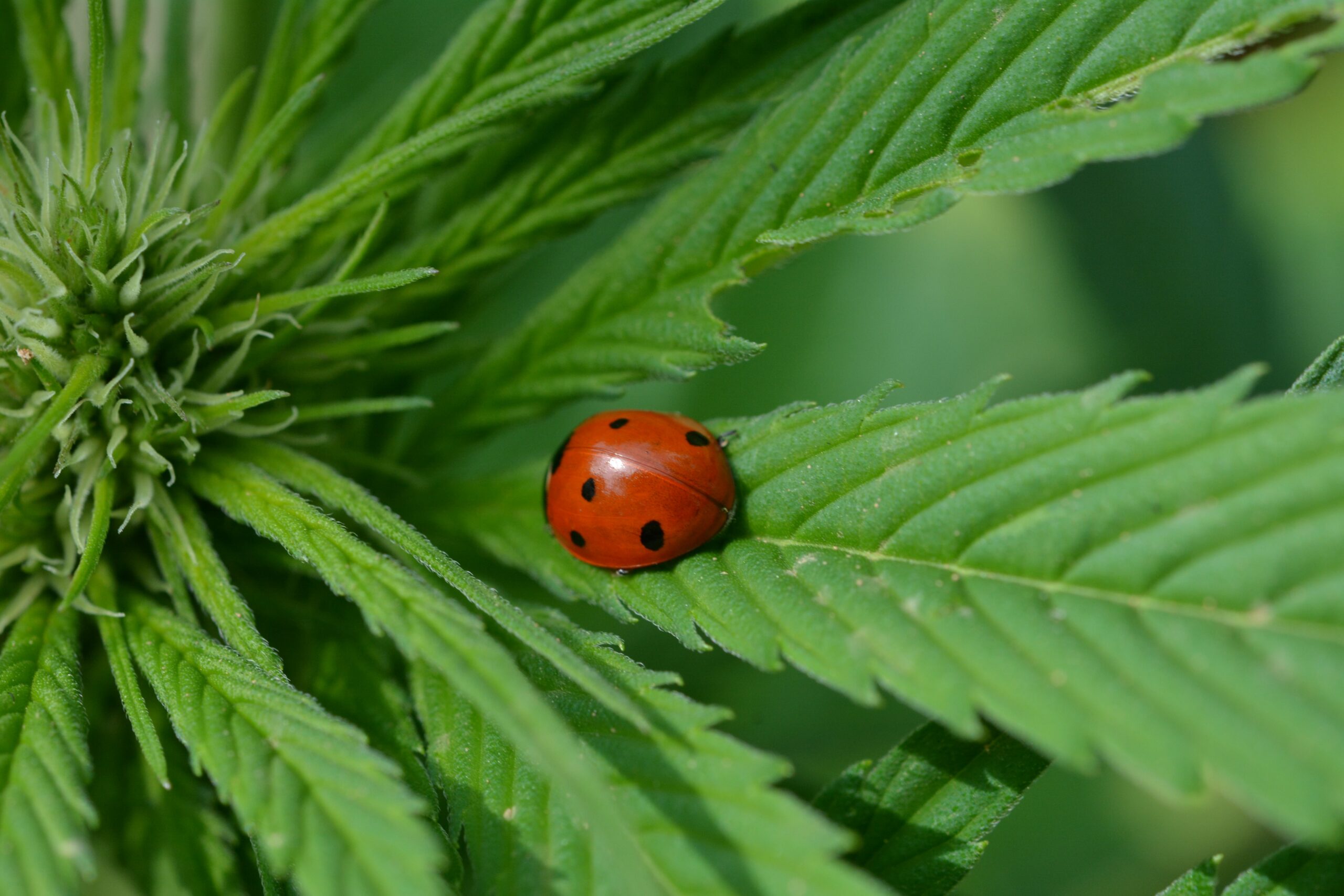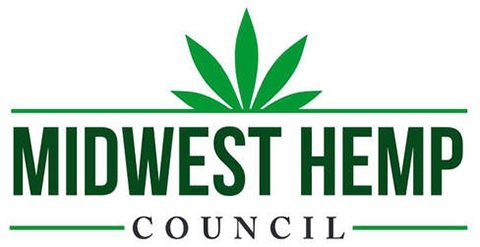
As we’ve reported previously, there’s been a marked increase in scientific research regarding the effects and potential benefits of so-called minor or rare hemp-derived cannabinoids. At the same time, the market for products containing minor cannabinoids is expanding rapidly as well.
A Field of Research Still in its Infancy
While many people are familiar with THC and CBD, they are only two of the over 100 cannabinoids or chemical compounds found in the cannabis plant. Other hemp-derived cannabinoids have been gaining attention from researchers, manufacturers, and consumers for their reputed benefits. Among some of the better-known, but still considered “minor” cannabinoids, are Cannabigerol (CBG), Cannabinol (CBN), and Cannabichromene (CBC).
There are also cannabinoid acids. These are the original forms of some cannabinoids that are chemically activated by decarboxylation – the exposure of the cannabinoid to heat or light. Some examples of this group are Delta-9-tetrahydrocannabinolic Acid (THCA), which becomes THC once exposed to heat. There’s also Cannabidiolic Acid (CBDA), Cannabichromenic Acid (CBCA), and Cannabigerolic Acid (CBGA).
“Meteoric Growth”
John Nathan is president and founder of Bay State Extracts, a Massachusetts-based manufacturer of bulk, hemp-derived minor and rare cannabinoids. The market for those cannabinoids, he told Hemp Benchmarks, has seen “a meteoric growth, much like any other cannabis market that opens up in the beginning.”
Nathan believes that part of the growth has been powered by consumer demand. “People are doing their own research, asking for CBN [and other cannabinoids],” he said. As the market becomes more saturated, Nathan continued, “product manufacturers are compelled to think outside of the box, for benefits-added or effects-driven products.”
For example, Nathan said there’s a lot of industry buzz about the future of THCV products. According to a 2021 report by a group of US researchers, published on the Frontiers in Pharmacology website, THCV has been shown to reduce inflammation and inflammatory pain in mice. Trials also suggest that THCV regulates blood glucose levels, which could be useful in treating diabetes, as well as towards appetite suppression and weight loss.
Alex Mateo is Chief Strategy Officer at Oregon-based Columbia Basin Bioscience. The vertically-integrated company bills itself as one of the largest manufacturers of CBD and minor cannabinoid isolates in the U.S. Mateo believes that minor cannabinoids currently make up about 10% of the overall, hemp-derived cannabinoid market in the country.
A Growing, but Volatile, Part of the Overall Cannabinoid Market
That market percentage, Mateo told Hemp Benchmarks, is growing rapidly, spurred in part by more interest from big pharmaceutical companies, as well as from consumers, in the relatively unknown minor cannabinoids, particularly in their acid forms.
Mateo said he expects the price of minor cannabinoids to rise, “but not to the prices we saw before,” such as in 2013, when the first kilogram of CBD he sold went for $17,500. He noted that while a kilogram of CBD can currently bring in $300, “a kilo of CBN is $2,500 to $3,000 dollars, and $1,400 for a kilo for CBG.” While there may be a price spike in the future, he also noted how overproduction and related business failures can quickly depress prices.
He also warned about delta-8 THC, a psychoactive cannabinoid synthesized from hemp-derived CBD. While consumer interest remains strong, delta-8 and other lab-created products remain part of the “gray,” unregulated cannabinoid sector and have been prohibited in many states. “The problem,” he noted, “is that their purity level is like 80% to 90%, so what is the other percentage? Nobody knows what it is; it could mess you up.”
The Future is Full Spectrum
Bay State Extracts started in 2019, and John Nathan said his company’s success has been assisted by its exclusive focus on cannabinoid extraction and manufacturing. “It’s really easy to not get lost when you do what a lot of people don’t do in cannabis, which is pick a lane and stay in it,” he said. “There will never be a time when there is a live plant under my care. It’s not what I do, I’m not good at it. I communicate with a lot of national [hemp] companies as well, to always check [the market’s] temperature – [asking] ‘What are you seeing? Here’s what we’re seeing.’ We’re constantly trying to find new ways to utilize these ingredients.”
Alex Mateo believes that, in the future, pharmaceutical companies will call on cannabinoid firms to create very specialized products. “They are going to ask you [for a product with] 20% CBD content, with 5% CBG, with 2% CBN, and 1% CBDV,” he said, “and you need to have all those isolates to make a formulation like that.”
Nathan expects “customized” cannabinoid formulations to become a big marketing trend in the near future. “There is going to be a collective recognition and understanding that no single cannabinoid is the star of the show,” he said. “And that, rather, unique and custom formulated blends of cannabinoids will prove to be more therapeutic than propping any individual molecule up on a pedestal.”
For his part, Nathan expects that THC-only products will “fall by the wayside, in favor of more full spectrum formulations” over the next several years. Hemp-derived cannabinoids he added, “want to work with each other. I think the future will be a lot more detailed blends of cannabinoids with intended effect. We’ll see a lot more science [regarding cannabinoids] in the next few years, [which] will guide that.”
Related Articles:
- FDA’s Announcement Rankles Industry, Leaves Hemp-Cannabinoid Sector in Limbo (February 1, 2023)
- What are the Most Recent Trends in Hemp CBD & THC Sales (November 30, 2022)
- Rare Hemp Cannabinoids: A New and Rapidly-Expanding Field of Study (April 20, 2022)


